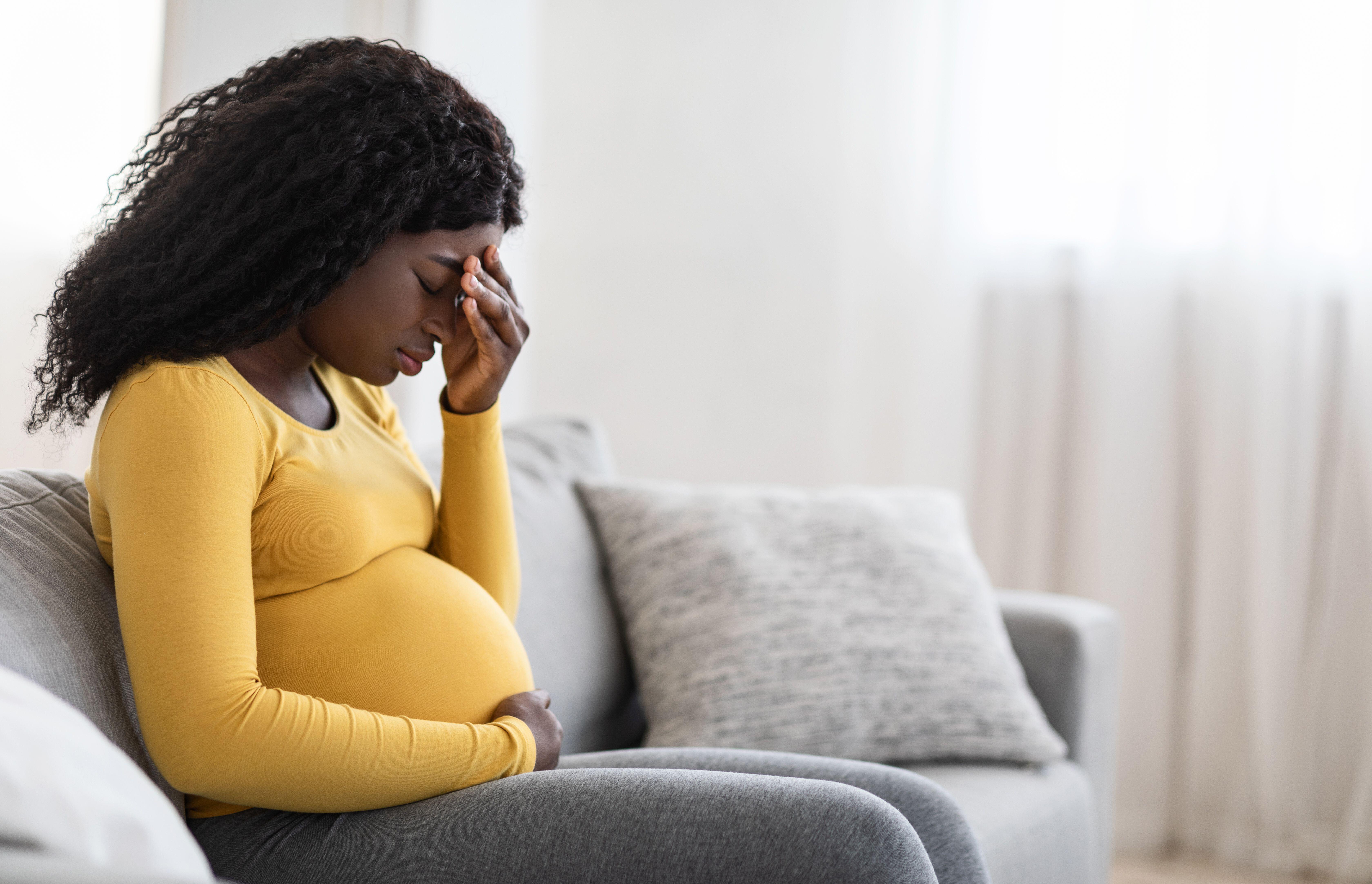Black women must have the right to choose how we give birth
Instead of addressing systemic racial issues, an abhorrent judgement has been made to administer coerced induction


A few days ago, whilst scrolling through my Instagram explore feed, I came across the #notsonice hashtag. There was a mahogany-coloured grid of carefully curated posts that displayed a collective outrage concerning new guidance for pregnant women.
The National Institute of Health Care and Excellence (Nice) recommends that ethnic-minority women should be induced at 39 weeks in order to mitigate the risk of death during childbirth. So, by default a 34-year-old black, British mother like me would need to surrender my future water birth plans in favour of an induction. After my experience a little more than three years ago, I was hoping I would not have to succumb to that pain ever again. However, once again, that choice has been taken away from me and many others.
My concerns about this regulation aren’t around the method of intervention, but the repercussions surrounding it.
In 2017, I conceived from my second IVF cycle. It was my first pregnancy, and was deemed as “high risk”. So, just shy of 40 weeks, my body was prematurely “tricked into labour” to reduce the possibility of birth complications.
I didn’t feel the need to question my consultant’s decision, because after years of my husband and I dealing with infertility, I wasn’t prepared to lose another baby within the space of 18 months.
On 21 February 2018, my labour was started by inserting a vaginal pessary to start my contractions. Whatever had occurred in-between this time and the delivery remained as foggy as my memory and the weather.
On Saturday 24 February at 6:25am, Sebastian finally arrived into the world. He was beautiful in my eyes, but bruised, with an imperfectly shaped potato head from the forceps delivery.
Days later, I felt tightness in my chest and perineal stitches as I struggled to waddle back into the emergency room with my tiny newborn clutched onto my engorged breast. We were admitted to an isolated room in the high-dependency care unit. It was suspected that I had caught postnatal sepsis.
I shared the same indignation as my allies who advocate for women like me within the maternal health space. Many have campaigned tirelessly to tackle the disproportionate rates of black women who are four times more likely to die in childbirth.
Instead of addressing systemic racial issues, an abhorrent judgement has been made to administer coerced induction to combat the problem – when it only creates another. Just like what I, and many other women of colour, encountered during our induced labour. I can now understand why, at the precipice of my adolescent years, conversations surrounding sex education were avoided.
I grew up in north London with my three sisters. We were raised by our first-generation Ghanaian parents who migrated to the UK in the 1980s. Their cultural values enforced their belief that a successful life meant a good education, followed by marriage and then motherhood.
Any time the latter was discussed, my mum would say: “Childbirth is the closest to death that a woman will ever come”. From the palpable pain in her eyes, I knew she was referring to her older sister who passed away whilst giving birth to her son.
She was still working through her trauma 30-odd years later, while trying to protect me from being subject to such a tragedy, like when I had a near-fatal ectopic pregnancy in September 2019.
The ongoing scandal shouldn’t only concern black and brown communities. Women who have conceived by assisted conception and are over 35 years of age, or have a BMI of 30 or above, are also implicated.
This isn’t another issue for just ethnic-minority groups to deal with – it’s an immoral decision that needs more than just performative allyship. As social justice advocate Dorothy Roberts says: “Blaming black mothers…is a way of subjugating the black race as a whole…and devaluing [our nuanced experiences] of motherhood is particularly damaging to black women.”
We need to amplify the message that being black is not a crime. The weaponisation of “our DNA” to suppress our reproductive autonomy should be challenged. By taking action, you are dispelling the falsehood that being black means our bodies are less capable of carrying our babies to term, when actually our institutionally racist system is broken, and it needs rebuilding.
Join our commenting forum
Join thought-provoking conversations, follow other Independent readers and see their replies
Comments
Bookmark popover
Removed from bookmarks